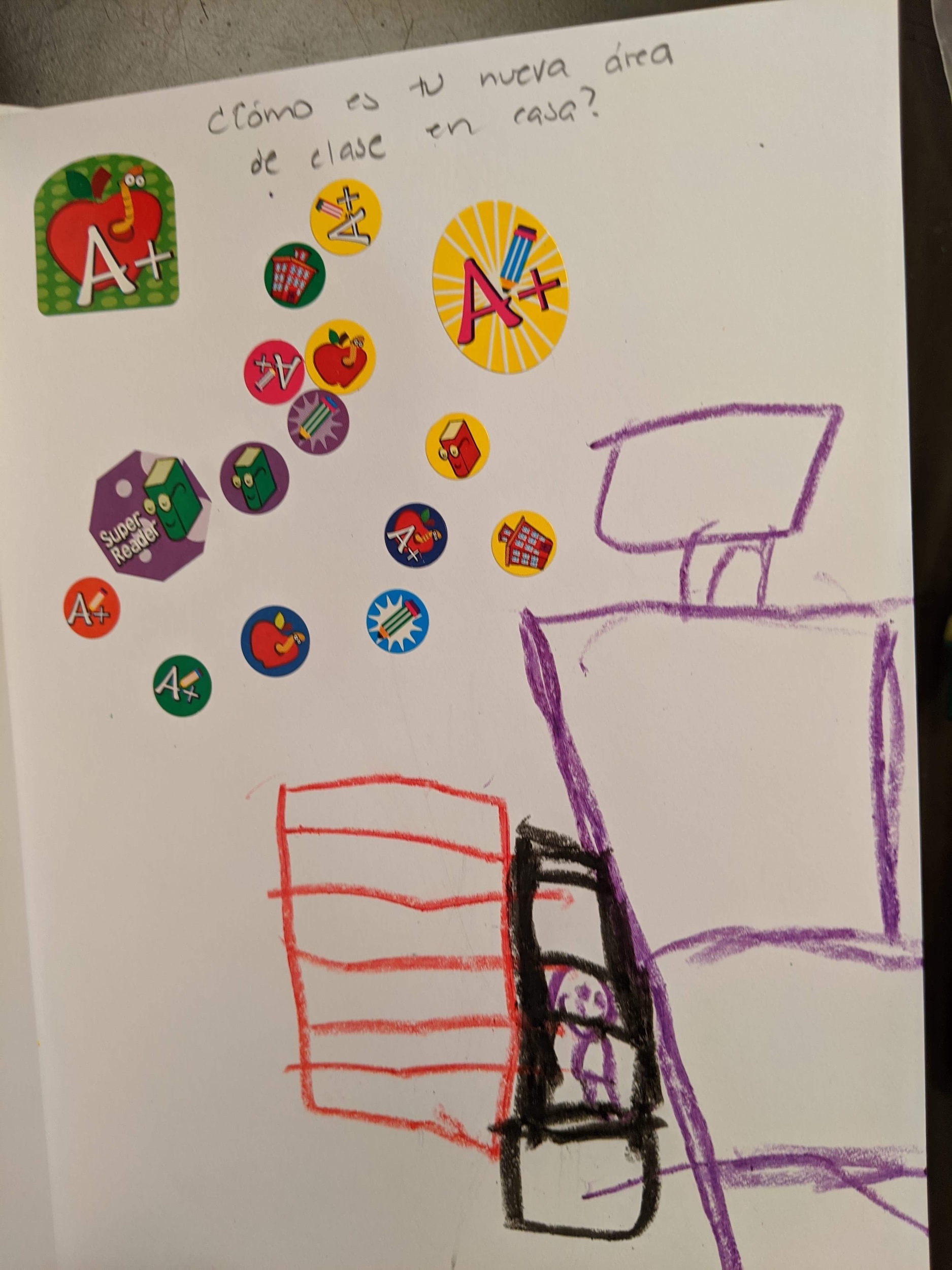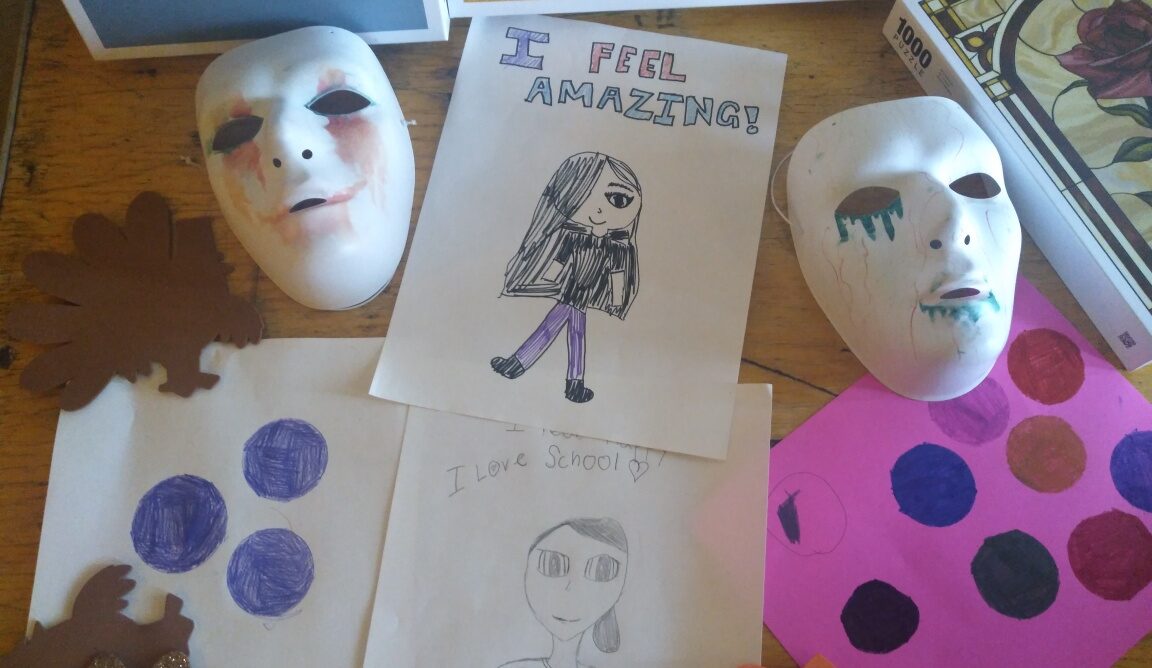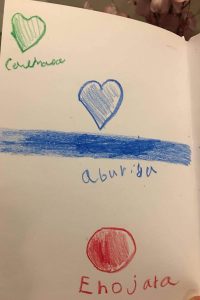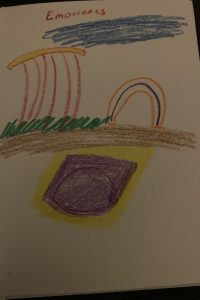Community Café Collaborative December 2020
In response to survey data collected from the 2019 Best Starts for Kids Health Survey, Best Starts for Kids (BSK) partnered the Community Cafe Collaborative and families from thirteen different communities to review the data about their respective communities. Thirteen language and culturally identified communities were selected for this data review: African American, (who identify with a history of slavery,) Alaska Native American Indian, Asian Indian, Cambodian, Chinese, Ethiopian, Korean, Latinx, LGBTQ2S, Pacific Islander, Russian, Somali and Vietnamese in King County.
Similar to a process conducted in 2018, parent leaders from each of the communities were invited to host a Community Café. Community Cafés are designed to surface, and share with others, collective wisdom from the community. The process is also meant to build family/community partnerships while sparking leadership to strengthen families. Cafés are community-based dialogues hosted by family members in partnership with a community organization or entity.
These “Data Dive Cafés” were hosted by parent leaders who involved other volunteers to help with planning, hosting and inviting other families to the Café. This helped to ensure culturally relevant thinking was a priority in an e-communication setting. BSK provided funding for each hosting team to include thank you gifts for volunteers and participants, a meal for each family, (since Community Cafés typically involve the whole family and sharing a community meal,) supplies and stipends for BIPOC Cafe coaches.
The data presented to communities were from survey questions related to:
- How often parents practiced behaviors that supported child development
- How well parents thought they were coping with the demands of raising children, and
- Whether their child was treated with the same respect as other children in school and how welcomed parents felt in school.
After being presented with a data set for each of the above topics, people were invited into discussions sparked by the following questions:
- What is your initial reaction to the data collected about your community?
- Do you think this data matches your experience/your community’s experience?
- What additional questions does this data raise for you?
- What else do you want BSK and others to know regarding these topics?
What Was Learned
Due to sudden community changes related to the COVID-19 pandemic Community Cafes were hosted using video conference platforms. Most hosts had previous place-based Café experience and were hesitant about using a virtual meeting space. Hosting teams relied on their community relationships to make personal invitations, then adapted their in-person Cafes to the community culture, in the context of a pandemic. Most Cafés used the Zoom platform, one used a different platform. Hosts chose the platform they felt was best suited for their community members. Hosts were coached to contact all participants prior to the Café to answer any questions about accessing and using the platform. Despite all the adaptations, every Café gathering had an overwhelming, positive participant-satisfaction response, indicated by written surveys, host feedback and meeting notes. Participants consistently said they felt welcomed, listened to, able to express themselves and that they learned something from the experience.
Some communities intentionally involved the children of the adult participants by including them in the agenda and/or sending a Kid Café box to each participating family prior to the Café. Boxes included culturally relevant family activities such Black History flashcards, fry bread and soup kits, culturally relevant books, games and art projects, along with suggested family discussion topics and activities. Others included other helpful items such as face masks for children and school supplies due to the immediate need expressed by families. Each host team designed their own Kid Café kit. One community hosted a Kid Café in their own ZOOM room at the same time the adults were meeting. Involving children and elders is an important piece of a culturally relevant gathering in some communities.
Community | Number of Adults | Number of Children |
African American | 15 | 30 |
Alaska Native American Indian | 15 | 30 |
Asian Indian | 20 | 35 |
Cambodian | 10 | 24 |
Chinese | 11 | 20 |
Ethiopian | 17 | 34 |
Korean | 8 | 12 |
Latinx | 11 | 25 |
LGBTQ2S+ | 16 | 13 |
Pacific Islander (Pasifika) | 15 | 7 |
Russian | 11 | 15 |
Somali | 20 | 20 |
Vietnamese | 12 | 22 |
Common Themes
The one theme that arose in all Cafés was an interest in more Cafés. Participants expressed varied reasons for more Cafés including taking collective action, having more opportunities to share stories and provide support to each other, learn from each other, build stronger partnerships with BSK to better inform them about their community issues and service access. Some shared how enjoyable and accessible a Zoom meeting was for their family. A few shared that Zoom actually made the Cafe more accessible or was more comfortable for their community. Along with this was a big appreciation for the opportunity to connect with each other and for the work their host teams put into organizing the Cafe.

The second most common theme amongst all of the Cafes related to challenges with school. They shared issues pre and post Covid. Most spoke of unfair or unwelcoming treatment or language barriers. Communication/problem solving with staff was another common issue.
Regarding the data itself, the majority of communities thought at least one of the survey data results did not match their own experience or differed significantly from their perceptions of their community’s experience. The most common reason participants offered for the discrepancy was that there just weren’t enough parents taking the survey, especially parents that would respond more negatively due to being more stressed, busy, not connected to services, first generation versus second and third generation immigrants, etc. This led to people thinking that the data percentages were “inflated.”
Most of the communities felt it was important to build a stronger relationship with BSK to better inform BSK about their specific issues and advice about how to improve the survey. They also thought it was important to grow awareness in the community about BSK. It was common to hear people volunteer to help BSK do outreach to help more people from their community take the survey. A few communities offered different strategies for gathering this information such as door to door, using a trusted messenger, or Cafes where people could take the survey together. Other common reasons communities offered why as to why they thought the data did not reflect their community were:
- Not enough people from their community took the survey (most common reason)
- The language of the survey caused responses that didn’t reflect their community such as translation issues, or words used that the community couldn’t relate to, certain words could be a trigger, wording too vague, difficult to understand (very common reason)
- There needs to be more relationship building and awareness of BSK with their community (five communities)
- The survey was not offered in their preferred language (said by several communities)
- Parents did not trust the survey: anonymity, what the data would be used for, that the survey would benefit their children (several communities)
- Cultural norm to not give a bad impression of their families or children, or even the opposite cultural norm of giving their all and humbly reporting it was not enough.
- People who took the survey might be more connected or comfortable with community resources such as parenting classes, so the data would be more positive (said by two communities)
Many said the survey results would be different if taken after the impacts of the pandemic. Many said that before the pandemic people would have answered questions differently than now.
A few participants mentioned having the Cafe in person as better. There were many that said they enjoyed the Cafe despite Zoom being a new experience. Families appreciated the community support that came with participating such as social networking, whole family involvement, the cultural activities, boxes of food or gift cards provided for a family meal, or the Kid Cafe activity boxes.

Helpful Practices
- Relying primarily on Hosts who had previous Data Dive Cafe experience since most were new to using an e-communication platform for hosting Cafes reduced the “learning curve,” needed to host a successful Cafe
- Providing a group training on helping participants stay engaged, how to adapt CC practices into a virtual setting, and tips such as keeping large group discussion times short
- 1:1 support offered to each host team prior to and during the Café from an experienced Café host
- Having a Zoom moderator available during the Café-the best-case scenario was to have a moderator that spoke the language of the participants
- Hosts contacting participants ahead of time to ensure they were comfortable and could access the platform on their device.
- Note takers in breakout rooms as well as audio recordings of Cafés to support better notes
- A provision of a sample agenda with permission to alter the agenda to fit their cultural norms, language and discussion style
- Encouraging hosts to translate or expand on their notes soon after the Café
- Providing hosts with a Host To Do checklist with dates
- The inclusion of family participation supports such as a gift card to provide a meal for their family, a small thank you gift for participating, especially in the community context of the amount of stress Hosts reported families were experiencing due to the pandemic
- Having coaches available by phone, text or email anytime, during non-traditional work hours
- Encouraging people to co-host, increasing community capacity and decreasing the possibility of having to reschedule due to host emergencies
- Using a Zoom platform that could have small breakout rooms similar to small table conversations at a place-based CC. Other platforms accommodate smaller groups to ensure full participation
- Involving BIPOC parents in the overall planning of the project, monitoring and implementation of the Cafes helped with creating a more adaptable agenda
- Allowing Host Teams broad governance over their Cafe budget
- Encouraging youth and other family member involvement was welcoming to cultures used to having multi-generational community discussions.
- Encouraging Host Teams to evaluate and modify the powerpoint and agenda to fit their community culture such as adding activities, etc.
- Having BSK staff at each Cafe to answer questions regarding the data


